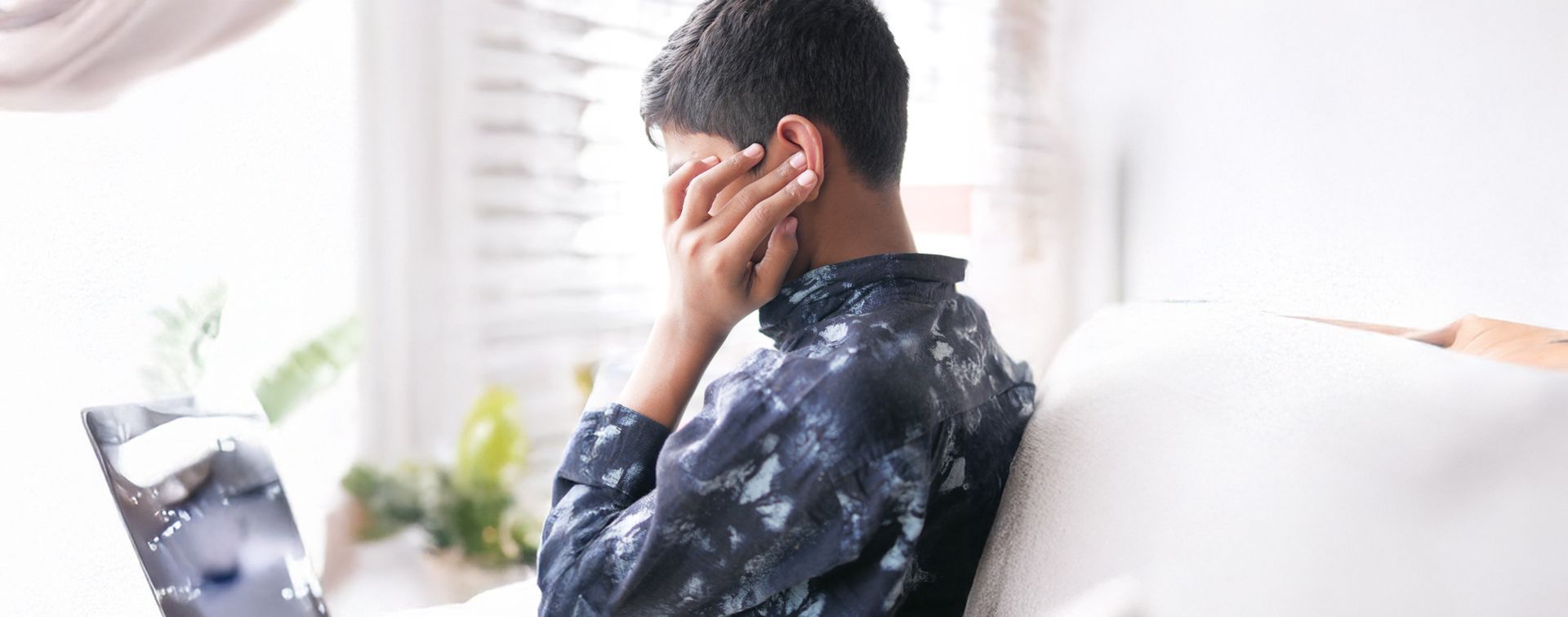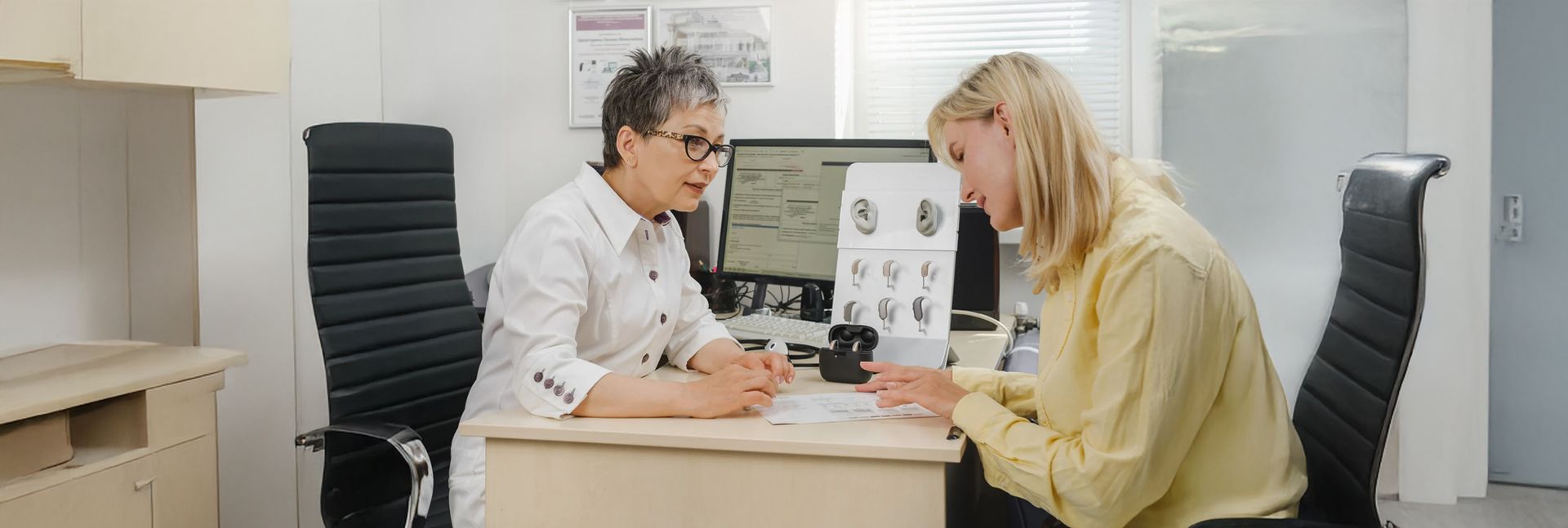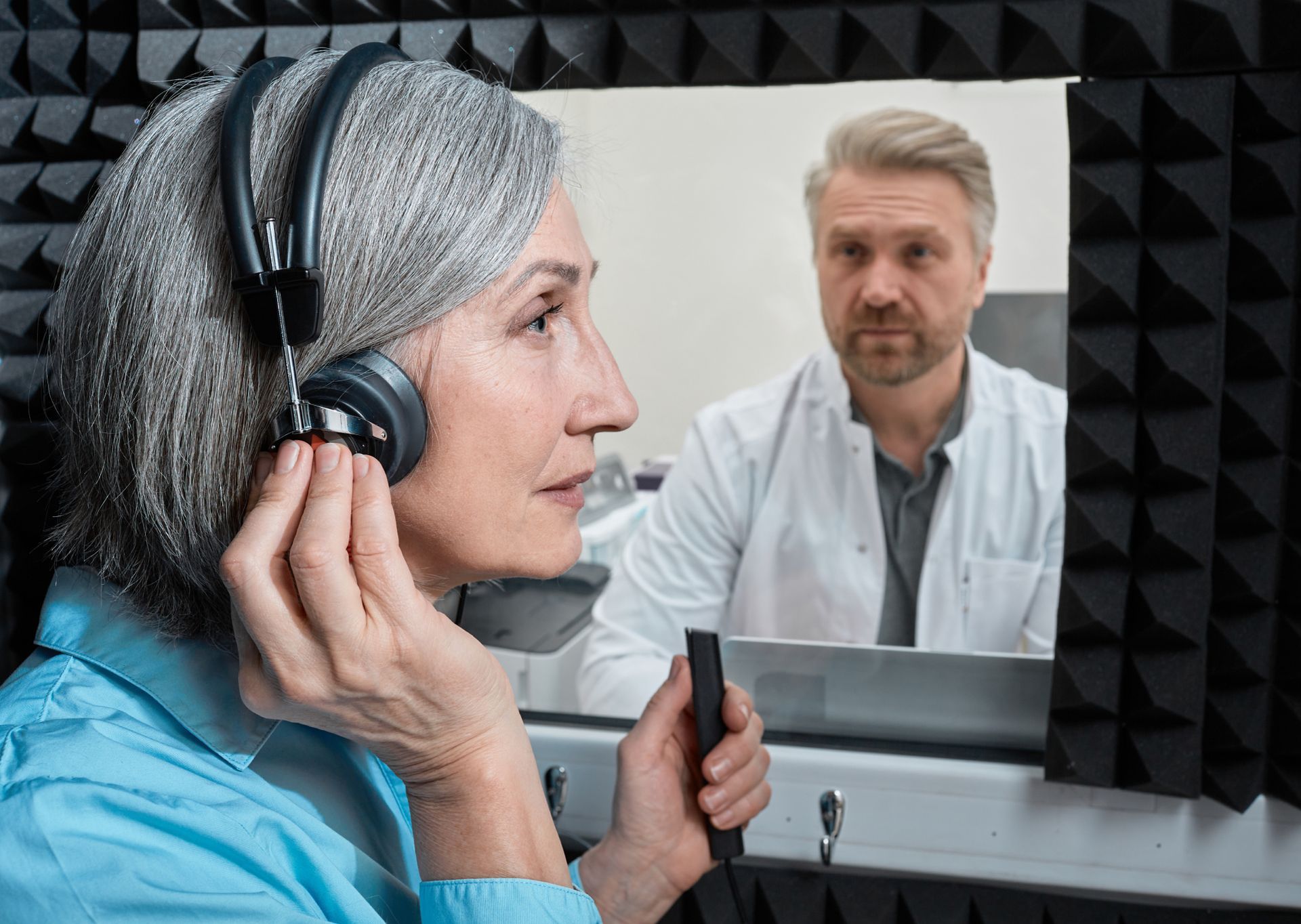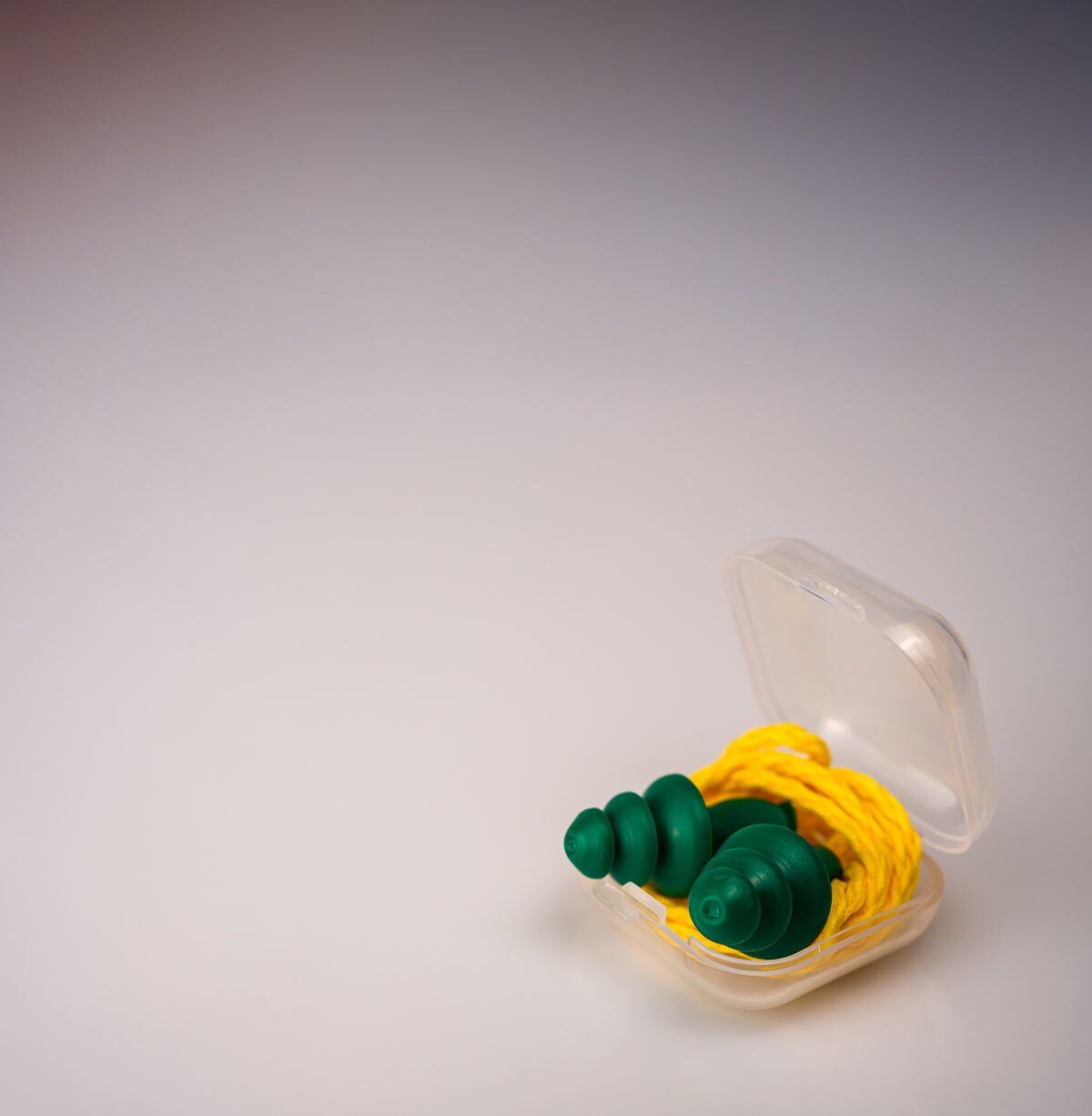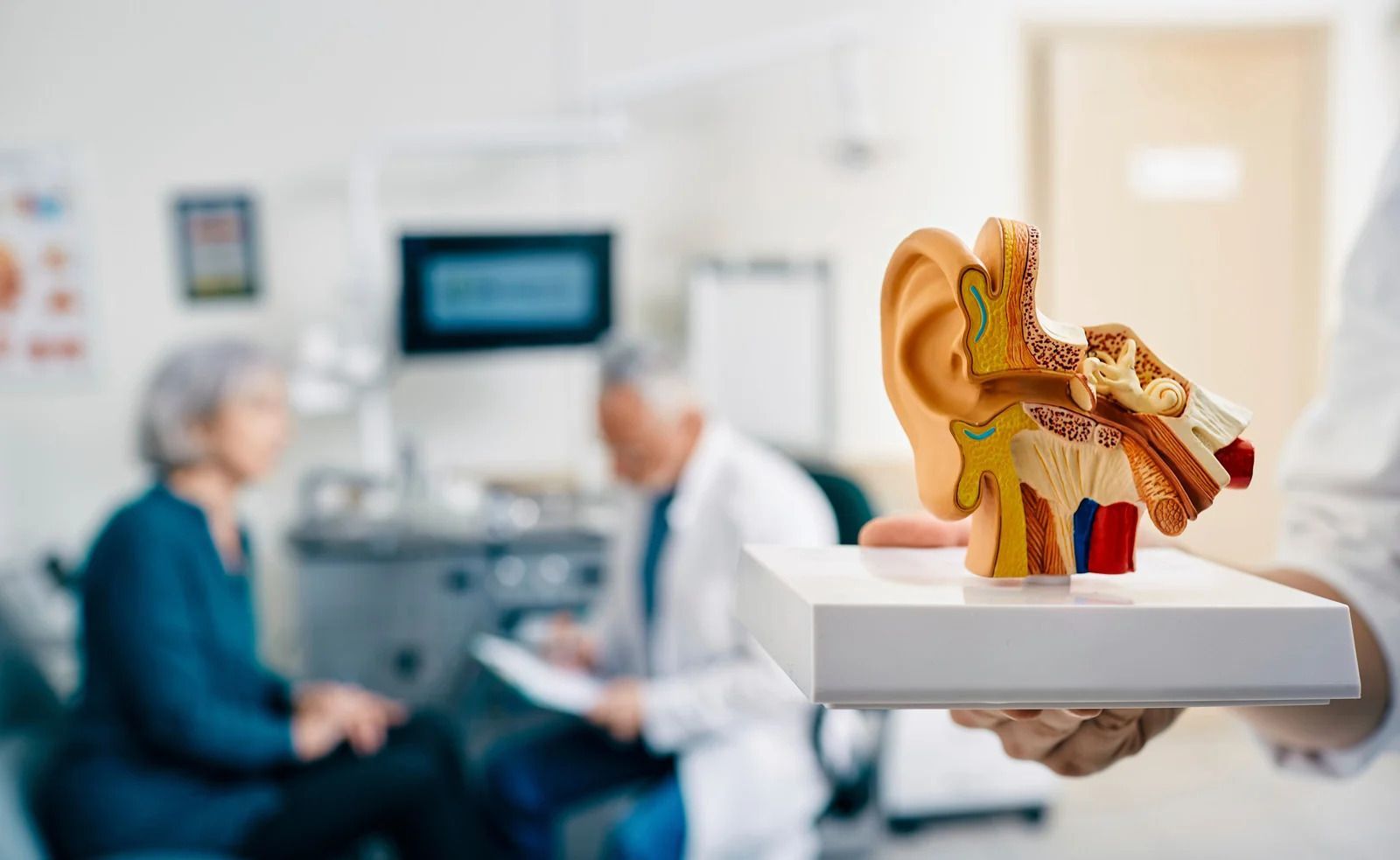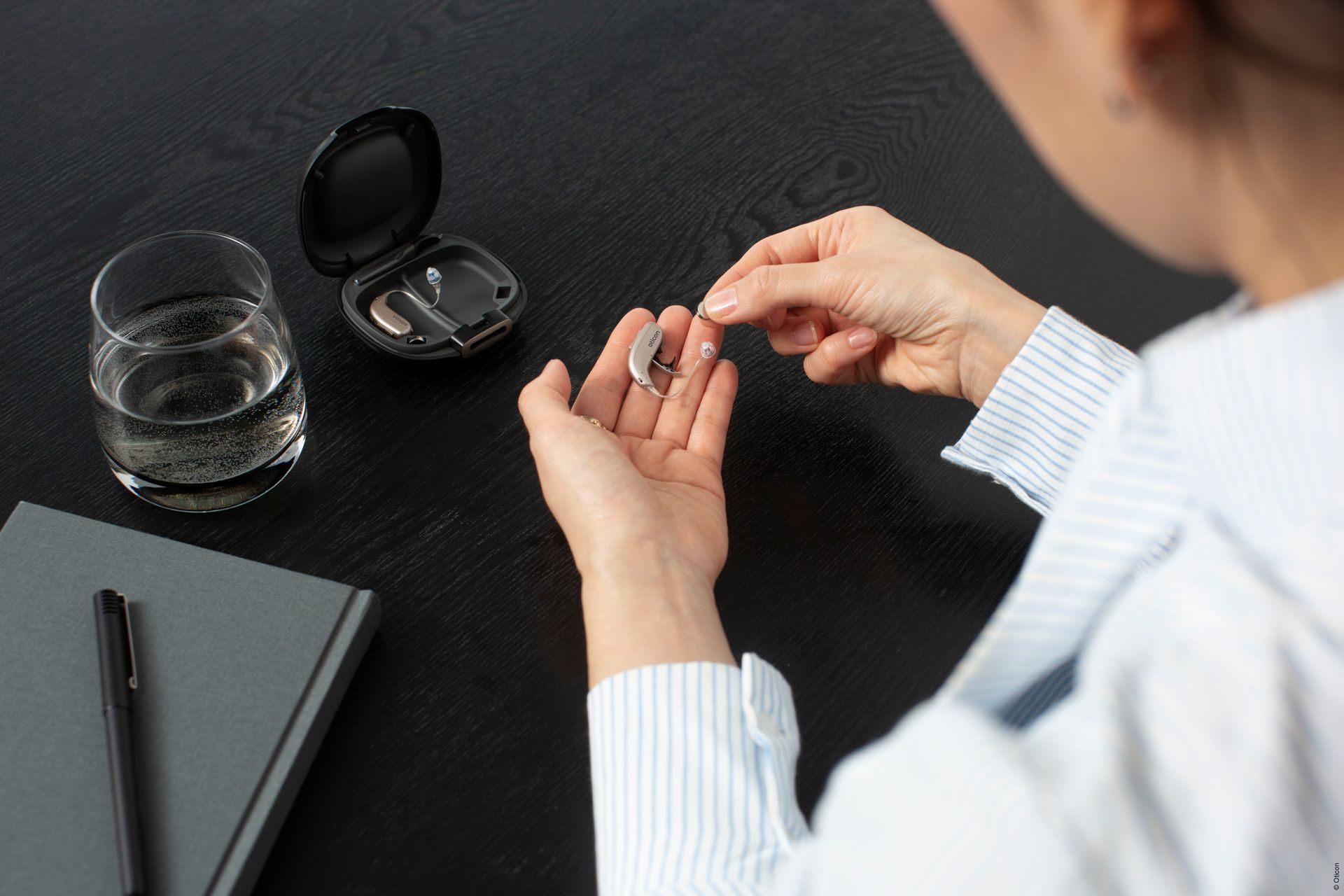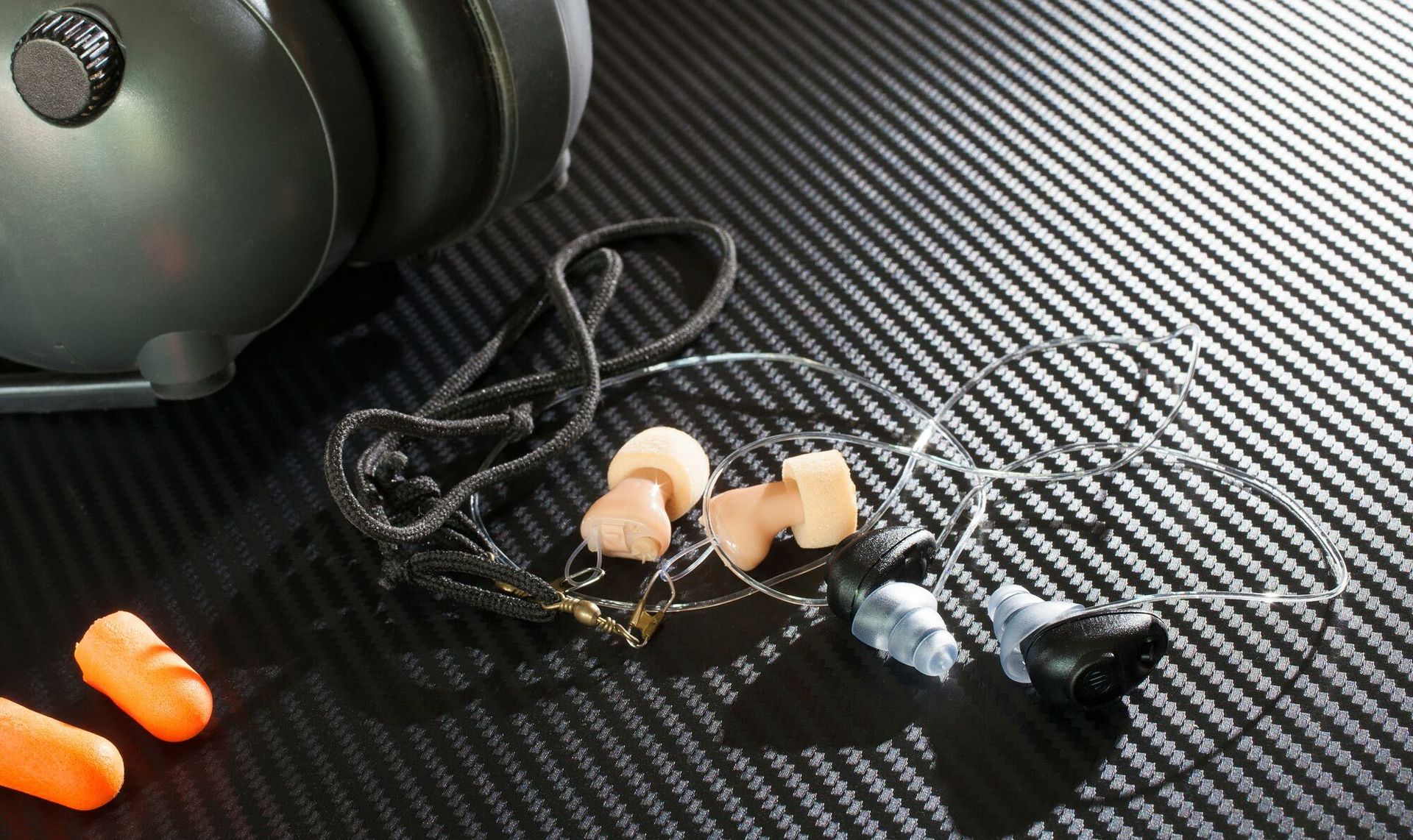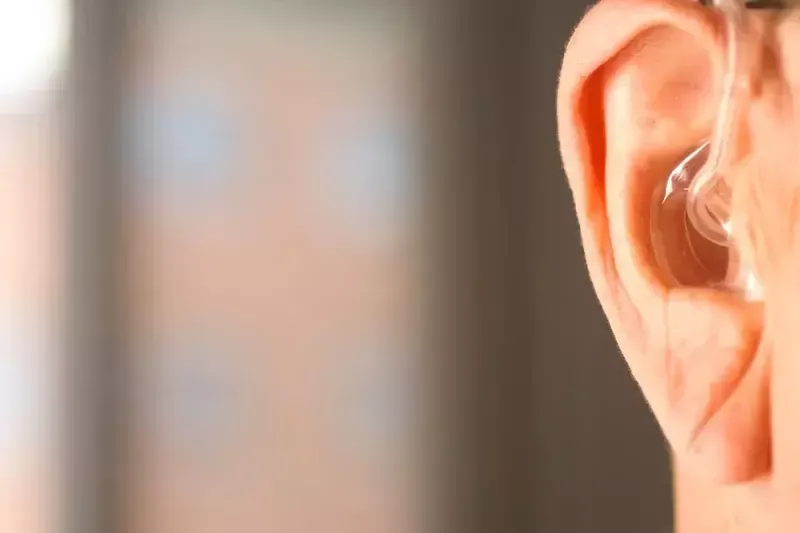Tips for Adapting to New Hearing Aids
Here is what to expect when you start wearing new hearing aids
When you start wearing new hearing aids, your brain receives new or different sound signals than it is used to. Over time, your brain will adapt to optimize the signals it is receiving, but that process may not be immediate.
It is expected that you will need days to months to get used to new hearing aids. We understand this process may be unwelcome or frustrating, but there is also some good news: your brain’s ability to adapt to new sounds means it can continue adapting and learning – even after you are comfortable with your hearing aids.
To help you get the most out of the process of adapting to new hearing aids, we have collected the tips that we share during appointments at Audiology First. Our goal is to help you adapt as quickly as possible so you can get the most benefits out of your new hearing aids.
Adapting to New Sounds
When you walk into a bakery, the smell of freshly baked bread and pastries is hard to ignore. But the smell quickly fades and soon will be unnoticed.
Our brains have the incredible ability to process and prioritize senses to let us know what has changed in our environment. New sensory inputs can be alarming and overpowering, but over time we get used to them and adapt to the conditions.
The sense of hearing is the same.
The role of our brains
Our brains do an incredible job at analyzing the sounds it receives – even if hearing loss inhibits this process. The role of the brain in hearing is to translate the sensory signals into comprehensible sounds and speech, all while filtering unwanted sounds and focusing on the people or things you want to hear.
Progressive hearing loss is often difficult to perceive because the brain adapts over time to do the best it can with missing or incomplete sound signals.
How the brain adapts
When you get new hearing aids, your brain is immediately introduced to signals it is no longer used to. Without the right approach, new hearing aid users can find the change overwhelming. Patients often report:
- Being more aware of ambient noise
- Difficulty focusing on specific sounds, such as speech
- Finding some sounds too loud at first
- Exhaustion or tiredness while using the hearing aids for a few hours
This is because the brain of a new hearing aid user is used to processing less complex sound - with some areas of the hearing system of the brain becoming more and more dormant over time.
When a hearing aid reactivates the ear, those dormant areas begin to fire once more. Researchers have observed with MRI as the auditory parts of the brain increase in density and complexity after being fitted with a hearing aid. While at first a hearing aid can sound strange, tinny or new, the brain rewires itself to become able to process sounds more efficiently and meaningfully.
Adaptation is not without limits, but with time we can help you reach your potential.
How to Adapt to Hearing Aids
When you get hearing aids from Audiology First, our team will be astute and flexible to your progress over the first few weeks. Our post-fitting plan includes multiple formal, and informal follow-up appointments to help you adapt at a pace that works for you.
Here are the top recommendations to help you adapt to new hearing aids.
- Expect the process to take time
- Get your hearing aids professionally fitted
- Share your concerns and issues
- Wear the hearing aids as much as possible
- Slowly introduce new sound situations
1. Expect the process to take time
Your brain needs time to get used to the different sound signals it is receiving. For some people, they quickly get used to new hearing aids. For others, it can take months.
We understand the process can be frustrating, especially if it takes longer than you expect. Our goal is to provide as much information and support that you need to streamline the process and avoid any major hurdles.
You should not expect pain or unreasonable discomfort. If you are struggling to wear your hearing aids, book an appointment with a clinician at Audiology First. We are able to quickly identify the issue, and provide a different solution or sound quality if needed.
2. Get your hearing aids professionally fitted
Hearing aid fitting is the process to ensure your devices fit your ears – in terms of physical fit and your hearing loss. We will use the results from your hearing test to program the devices according to the sounds you can hear well and the ones you struggle with. Then we will verify the programming produces the sounds that will provide the most help.
Without professional hearing aid fitting, your devices may not be optimized for your ears and hearing loss. At Audiology First, we recognise the importance of individual sound tolerance, the range in which a hearing aid should operate, and what we might predict as a benefit level to expect from it.
It takes years of experience to recognise the individual needs of a patient with hearing loss, and maybe just as importantly, when to stop attempting to fix elements of the hearing that cannot be managed or treated further.
3. Share your concerns and issues
Most issues that you may experience with your new hearing aids can be resolved – but your audiologist needs to know there is a concern. You can start a daily journal to track the successes and challenges of your hearing aids, or you can write notes whenever you experience something that was not expected.
Your audiologist will make adjustments to your hearing aids or recommend strategies to mitigate the challenges you are experiencing.
4. Wear the hearing aids as much as possible
To adapt to new hearing aids, your brain needs to experience the different sound signals.
Try wearing your new hearing aids as much as possible. If you have discomfort or exhaustion after a long period of the devices in your ears, then take a break and note how you are feeling. And always let us know if you experience discomfort either from loud sounds, or the fit of the hearing aids.
5. Slowly introduce new sound situations
To help you get started with your hearing aids, our clinicians will often provide a training mode for the first few weeks - where the hearing aids are a set a little quieter than you may actually need, to help you gradually get used to them.
If you are struggling to get used to your hearing aids, you can also help your brain get used to new sounds by starting off in simple situations and environments, such as watching the television or talking to someone one-on-one. Reading a book aloud can help you get used to the way a hearing aid changes the sound of your own voice. Over time, you can introduce more complex situations and work up to wearing your hearing aids in daily life.
We’re here to help
Our audiologists and clinicians have more strategies and tips to streamline the process of adapting to hearing aids. We will ensure your devices are appropriately fitted and programmed, and we can recommend options to manage the specific challenges that you experience.
Book an appointment or contact your audiologist at Audiology First if you have any hesitations about your hearing aids. You are not alone in facing these challenges, and it’s our goal to help you get the most out of your hearing aids.
